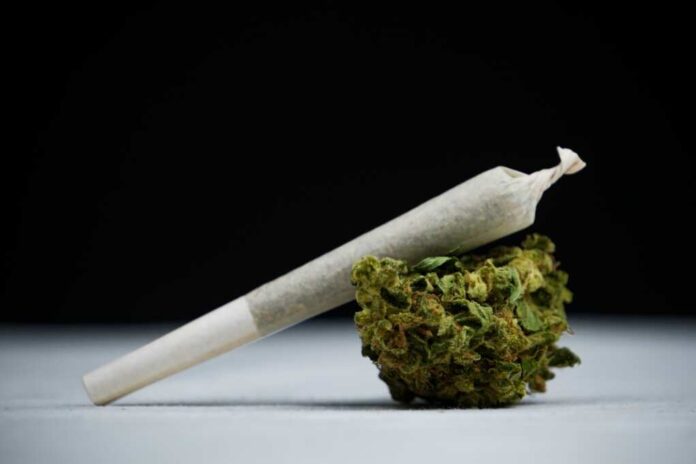
As the U.S. Drug Enforcement Administration (DEA) moves to reclassify marijuana as a less dangerous drug, the decision is expected to have far-reaching effects on state policies across the country. The proposed shift from Schedule I to Schedule III follows a recommendation from the federal Health and Human Services Department and is based on research into the drug’s potential medical applications.
In Tennessee, Democratic lawmakers are celebrating the news, with State Rep. Jesse Chism expressing his encouragement at the possibility of the DEA’s recommendation. Chism highlighted the millions of taxpayer dollars spent on enforcing outdated cannabis laws in the state and hopes the reclassification will spark serious discussions about marijuana policy reform.
A US proposal seeks to reclassify marijuana as less dangerous.
"This has been a long process and is the last official action required by the DEA," Trulieve's @rivers_kim says. "It would open a pathway for pharmaceutical companies." pic.twitter.com/t7h2VZ7n4J
— Yahoo Finance (@YahooFinance) April 30, 2024
Despite growing public support for marijuana legalization, with a recent Gallup poll showing 70% of respondents in favor, President Biden has maintained his opposition to federal legalization. As a senator in the 1980s and 1990s, Biden authored some of the strictest federal drug laws in the country.
The DEA’s decision is expected to open the door for increased research into the potential medical benefits of marijuana, which has long been hindered by its Schedule I classification. However, critics argue that the reclassification doesn’t go far enough, as Schedule III drugs like ketamine and codeine cough syrup are still illegal and subject to sanctions.
As states grapple with the implications of the DEA’s decision, the reclassification of marijuana is poised to serve as a catalyst for change in drug policies nationwide, potentially paving the way for a more comprehensive approach to cannabis regulation.
At the same time, many of the risks associated with Marijuana seem to be played down in the celebrations of this change, as there are potential risks for American citizens who are not caught up on the growing body of research showing that marijuana use can create numerous risks, including heart disease and mental illness.














